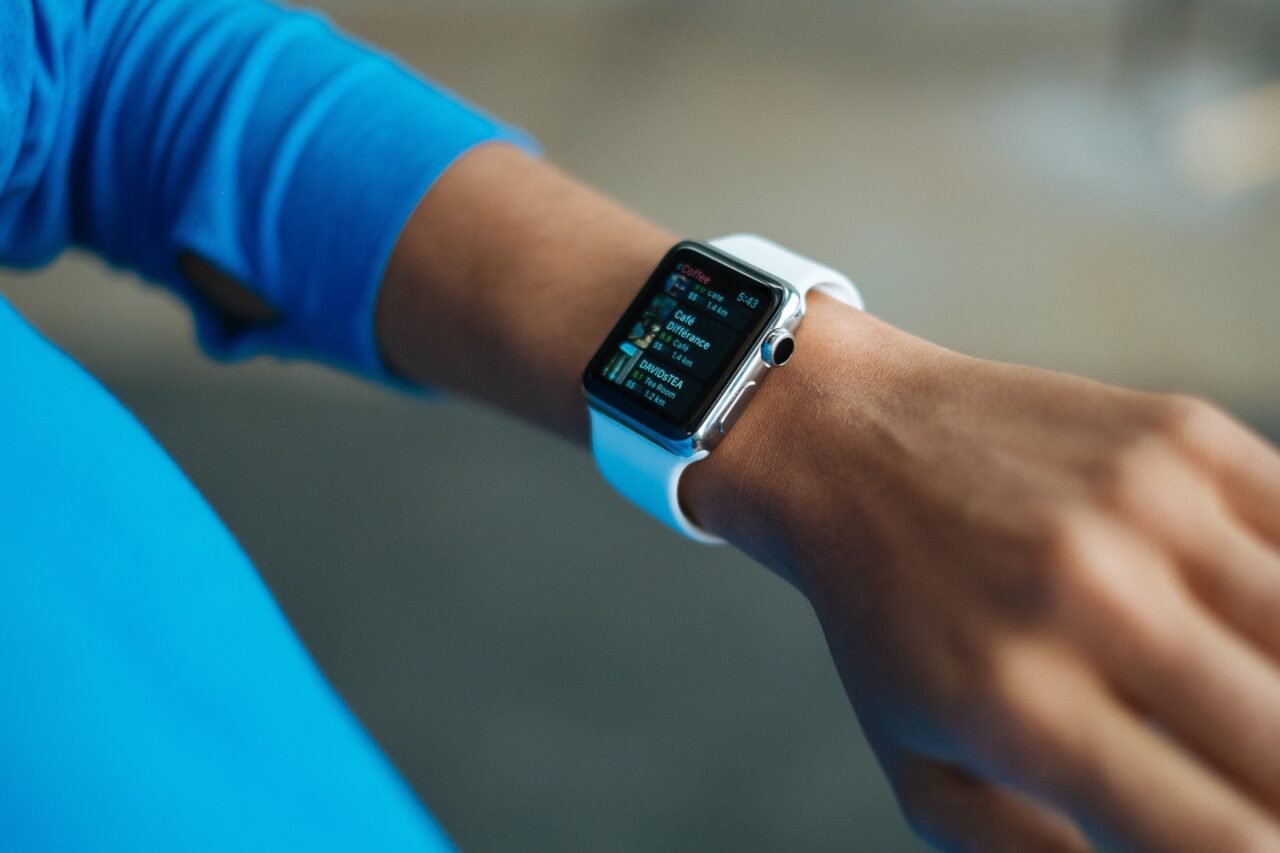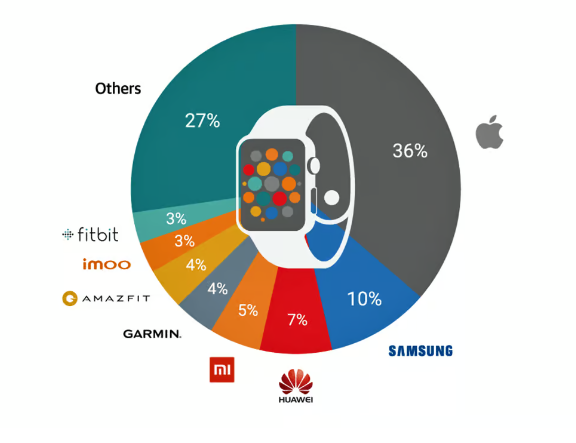
Apple Watch Sales Decline: Patent Clash
In a surprising turn of events, Apple has stopped sales of specific Apple Watch models in the US, attributing it to an ongoing patent dispute with Masimo, a prominent medical technology company. Delving into the complexities of this dispute unveils crucial insights into the challenges currently faced by the tech giant.
Apple dominates the wearable market
The Dispute Unveiled
Apple’s decision to halt sales is grounded in a patent clash with Masimo, revolving around the blood oxygen monitoring feature in the Apple Watch Series 9 and Ultra 2 models. Masimo contends that this feature infringes on its patented pulse oximetry technology.
ITC’s Verdict: A Legal Setback for Apple
The US International Trade Commission (ITC) recently issued a ruling in favor of Masimo, declaring that the blood oxygen monitoring feature on these Apple Watches violates Masimo’s patents. This ruling posed a looming threat of a sales ban in the US market.
White House Upholds Ban
Following a comprehensive 60-day review, the White House upheld the ITC’s decision, finalizing the ban on December 26, 2023. The implications of this ban extend beyond legal ramifications, impacting Apple’s market dominance and innovation reputation.
Apple’s Response & Future Strategies
Facing a substantial legal setback, Apple, known for its innovation, has reluctantly complied with the ITC’s decision while expressing disagreement. Simultaneously, the company has filed an appeal with the US Court of Appeals for the Federal Circuit, underscoring its commitment to resolving the dispute and safeguarding its market position.
“Apple strongly disagrees with the order and is pursuing a range of legal and technical options to ensure that Apple Watch is available to customers,” stated Apple in its official response.
To address the patent issue, Apple has developed a software update, submitted for review by the US customs agency. The decision, expected by January 12, could potentially lift the ban if the update is deemed acceptable.
Broader Implications on Industries
The potential ban on Apple Watch models extends its consequences far beyond the tech sphere. Apple contends that the prohibition would negatively impact healthcare, scientific research, and users dependent on health features like ECG and blood oxygen monitoring.
Insights for Corporate Wellness Programs
For corporations integrating technology into their wellness initiatives, the Apple Watch case underscores the need to stay informed and adaptable to technological and legal shifts. This adaptability ensures continuous support and effectiveness of employee health programs, even in the face of external challenges and market fluctuations.
Conclusion
The Apple-Masimo dispute not only signals a legal setback for Apple but also raises questions about the intricate intersections of technology, patents, and market dominance. As the saga unfolds, the broader implications for industries and corporate wellness programs remain significant, highlighting the importance of vigilance and adaptability in a rapidly evolving technological landscape.




